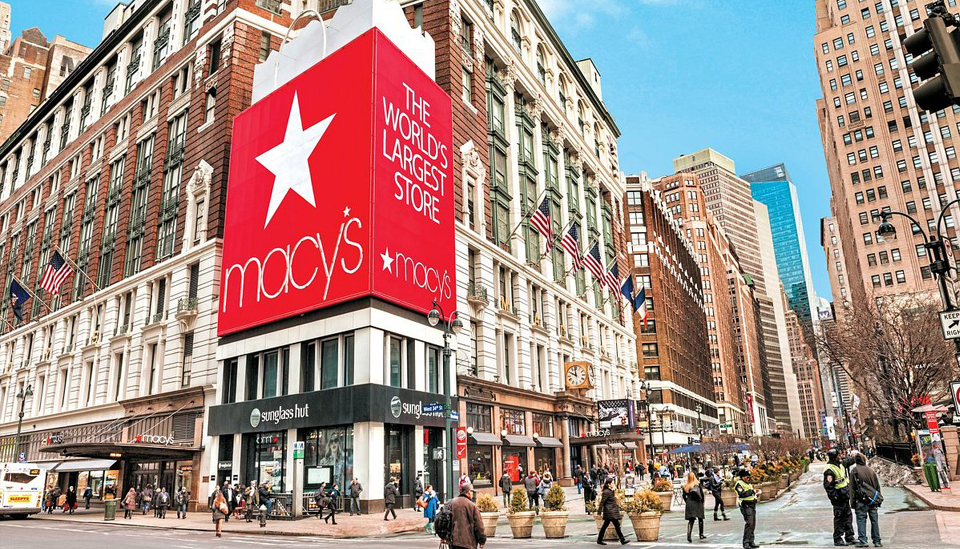Macy’s high-yield bonds experienced mixed trading on Monday following the company’s announcement that it has ended takeover discussions with two private-equity firms due to insufficient offers and financing commitments.
Specifically, two series of Macy’s bonds — the 5.875% notes maturing in 2029 and the 6.125% notes maturing in 2032 — saw a sell-off. These bonds feature a change-of-control clause requiring payment at 101 cents on the dollar if the company is acquired. In contrast, the 6.9% notes maturing in 2029, which do not have this provision, fared better.
Currently, Moody’s Ratings has assigned the bonds a Ba2 rating, placing them two notches into high-yield or “junk” status. S&P Global Ratings has rated them BB+, one notch into high-yield territory, while Fitch Ratings has given a BBB- rating, which is the lowest tier of investment grade.
Despite overall net selling on the day, the 6.125% notes saw increased buying interest at their reduced prices. According to FactSet, Macy’s has over $3 billion in outstanding bonds, with the majority maturing in 2034.
Macy’s stock (M, 0.45%) fell by 13% amid investor disappointment that a takeover bid is currently off the table. The company ended negotiations with private-equity firms Arkhouse Management Co. and Brigade Capital Management, which had initially made a bid for Macy’s last December and recently increased their offer to $24.80 per share, totaling $6.9 billion. The stock was last quoted at $16.55 per share.
In a statement on Monday, Macy’s announced that its board intends for the management team to refocus on enhancing shareholder value through the company’s “Bold New Chapter” strategy. This initiative aims to improve growth and profitability amidst Macy’s ongoing business restructuring efforts.
As part of this restructuring, Macy’s announced in February its plans to close 150 stores and record a $1 billion charge. The plan also includes monetizing up to $750 million worth of assets. The goal is to revitalize Macy’s product offerings, modernize the shopping experience, and strengthen its position in the luxury market, where its Bloomingdale’s and Bluemercury stores have been strong performers.
Source: MarketWatch

